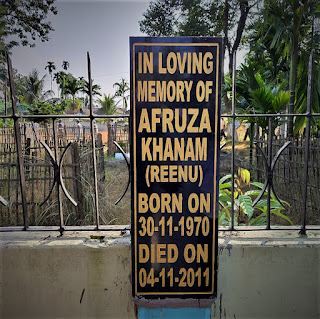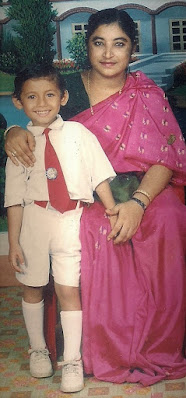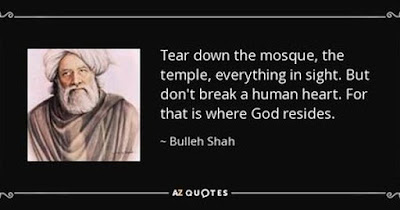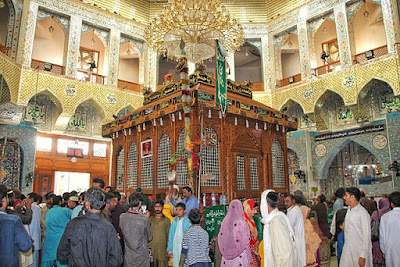12 Years and Forever: Remembering Maa

Beloved Maa, As the hands of time gently turn the pages of our lives, tomorrow marks 12 years since you left us on that fateful November 4th. The ache of your absence lingers, and the depth of our longing for your presence continues to grow with each passing year. Your departure left a profound void that can never be filled. You were the cornerstone of our lives, the very essence of love, wisdom, and resilience. Your nurturing guidance sculpted us into the individuals we are today, and your legacy shines brightly through Me, Neetu, and the values you instilled within us. We remember your warm smile, your comforting embrace, and the countless sacrifices you made for us. Your memory brings tears, but it also brings a deep sense of gratitude for the time we had together. On this day, we honour your life and the beautiful moments we shared. Your spirit resides within us, an unwavering presence that guides our steps and comforts our hearts. We cherish the time we were blessed to spe...




